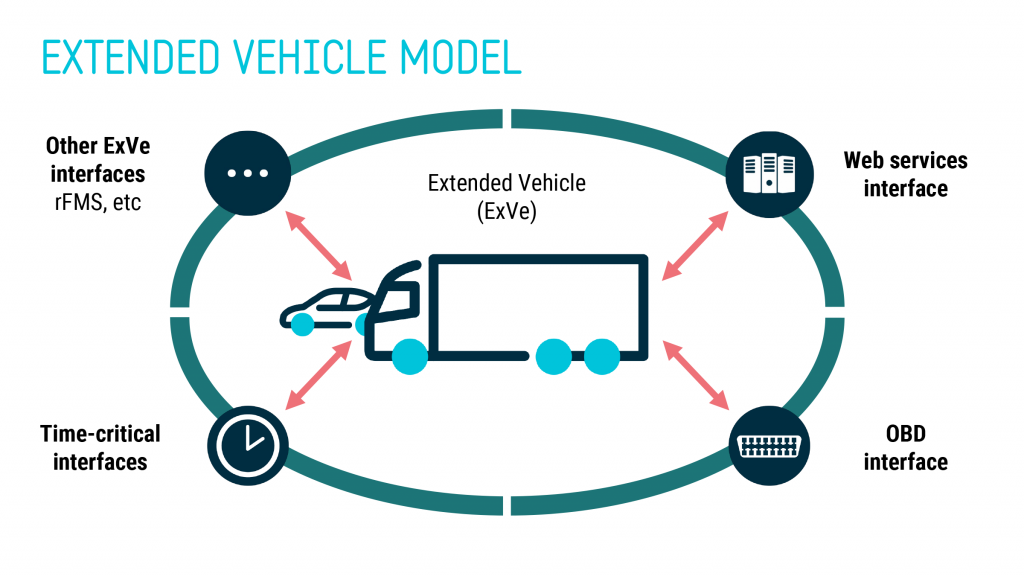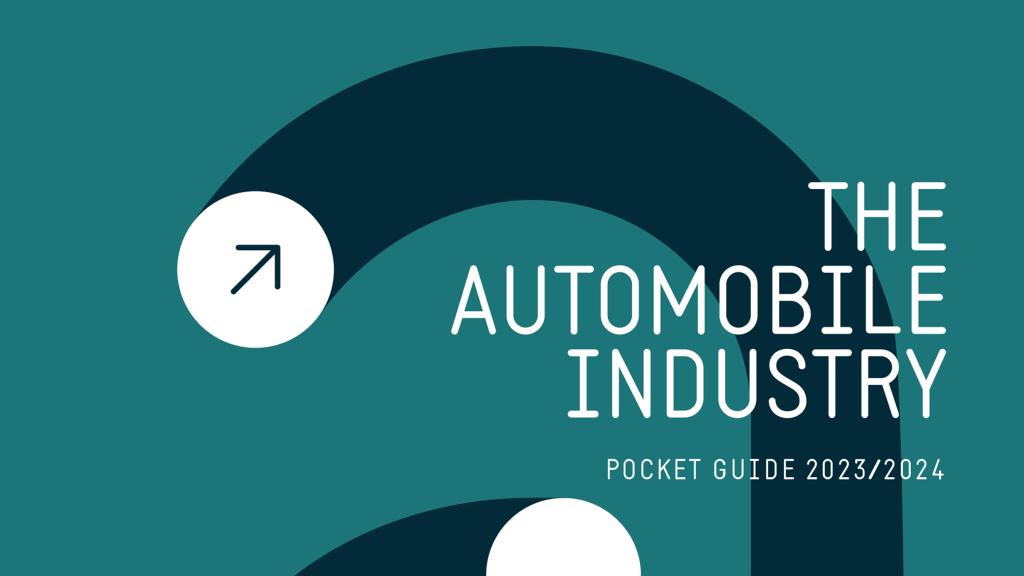Latest compromise on EU Data Act poses threat to auto industry competitiveness

EU decision makers are set to sign off on the long-awaited Data Act next week. ACEA reaffirms its support for this regulation, recognising that law makers have struck a delicate balance between the interests of consumers, service providers, and manufacturers.
The Data Act will ensure greater fairness and growth of digital services in the European auto sector. Most significantly, it will boost trust in the data economy by guaranteeing consumers control of their data.
At this final hurdle in the negotiations, ACEA reminds decision makers that protecting intellectual property rights and investments in digital services are critical for industrial competitiveness. As such, European auto makers are highly concerned by the latest compromise which brings “derived and inferred data” into data-sharing obligations.
Auto makers have significantly invested in developing complex and innovative tools that derive crucial information from base data generated by connected products, which the Data Act should protect.
This will ensure that quality products and services continue to be provided to customers, while protecting the competitiveness of service providers and manufacturers. An example includes complex and proprietary algorithms in electric vehicles which process and analyse various vehicle data points for accurate driving range prediction.
Auto makers support sharing vehicle data – this facilitates others to develop competing algorithms and services – but they should not be forced to share the product of their intellectual property. To protect the competitiveness of European digital innovators, including auto manufacturers, decision makers must ensure that they are not forced to disclose derived or inferred data to their competitors.
As such, ACEA urges decision makers to revert to the European Parliament’s position, which excludes “derived and inferred data” from the data-sharing obligations of the Data Act.
European auto makers are highly concerned by the latest compromise which brings “derived and inferred data” into data-sharing obligations.


